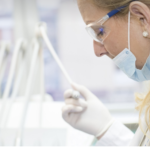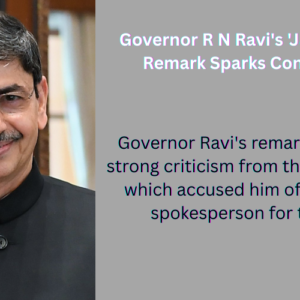Regular consumption of caffeinated sodas by children and adolescents is associated with a twofold increase in the likelihood of future alcohol consumption, along with the manifestation of impulsivity and poor working memory, according to a recent study by researchers from the Department of Psychology at Seoul National University.
The study, published in the journal Substance Use & Misuse, involved over 2,000 U.S. children aged nine to ten. Those reporting daily intake of caffeinated soda were twice as likely, a year later, to acknowledge alcohol consumption.
The findings considered factors such as family history of drug use and low parental education, revealing notable associations between caffeinated beverage consumption and future substance use in young children, a novel contribution by the Korean research team.
News in Same Category
 Can Navitoclax be a Lower Back Pain Breakthrough?
Can Navitoclax be a Lower Back Pain Breakthrough?
 Tobacco-Related Cancers Claim 1.3 Million Lives Yearly in India and Six Other Countries
Tobacco-Related Cancers Claim 1.3 Million Lives Yearly in India and Six Other Countries
 Rising Type 2 Diabetes Cases in Children Linked to Changing Lifestyles
Rising Type 2 Diabetes Cases in Children Linked to Changing Lifestyles
 Israeli Military’s Attacks on Gaza Healthcare Spark Global Outcry
Israeli Military’s Attacks on Gaza Healthcare Spark Global Outcry
 Tragic Measles Death in Malappuram Highlights Urgent Vaccination Need
Tragic Measles Death in Malappuram Highlights Urgent Vaccination Need
 Study Links Human Behavior to COVID-19 Evolution
Study Links Human Behavior to COVID-19 Evolution
 Genetic Screening Offers Vital Treatment Insights for Familial Hypercholesterolemia
Genetic Screening Offers Vital Treatment Insights for Familial Hypercholesterolemia
 Raw Meat Diet Increases Risk of Antibiotic-Resistant E. coli in Dogs
Raw Meat Diet Increases Risk of Antibiotic-Resistant E. coli in Dogs
 Combination Therapy Shows Promise for Pediatric Glioma Treatment in BRAF-Mutated Cases
Combination Therapy Shows Promise for Pediatric Glioma Treatment in BRAF-Mutated Cases
 AIIMS Delhi Adds 63 Free Drugs for Low-Income Patients
AIIMS Delhi Adds 63 Free Drugs for Low-Income Patients















































